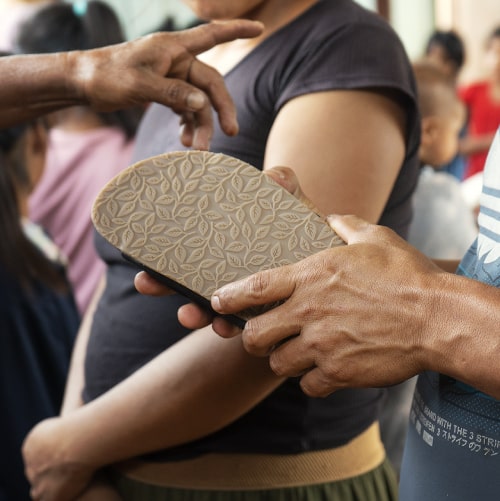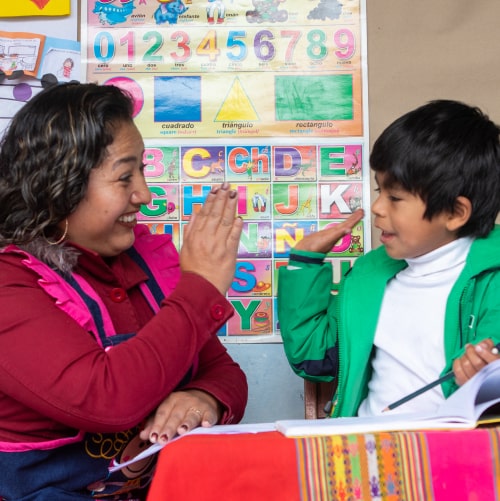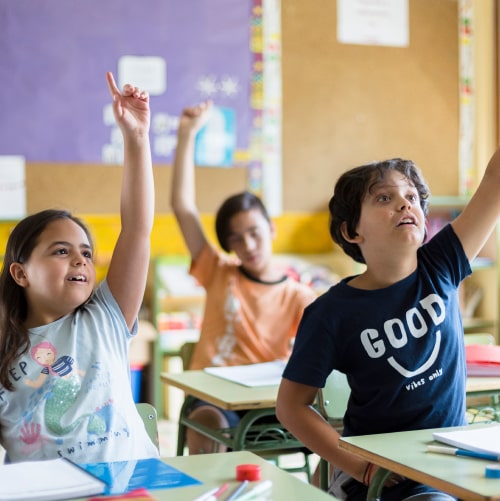As part of the fifth season of the Educational Dialogs series on “Identity, Heritage and Citizenship”, of the Educational Quality program of the Wiese Foundation, the topic “Regional Pedagogical Experience in La Libertad” was addressed. On this occasion, Jaime Marcos Urteaga was interviewed. He is a professor of Social Sciences in this region, who has stood out for his innovative initiatives in the teaching of this subject, especially those linked to the local cultural heritage.
About the project that Jaime Marcos Urteaga addressed at the Virú educational center
At the Virú school, Jaime Marcos Urteaga undertook an innovative project in the area of social sciences. The main purpose of this initiative was to engage students with their local and regional cultural heritage, seeking to connect their history with the community.
When the teacher arrived at the school, the idea arose to research the nearby archaeological sites in order to visit and study them with the students. Using an empirical approach, the students themselves provided information about these places, which enabled the performance of a dance using the Virú iconography.
To finance this project, we had the help of students, parents, alumni and residents of Huacapongo in Virú, who collaborated in the self-management and financing of the dance due to the lack of resources of the school.
The first presentation of the dance, entitled “The great lord of Virú“, was conducted in the town during the patron saint festivities, and was later recognized at the level of the Regional Management of Education of La Libertad. To carry out this activity, we worked collaboratively with two other teachers, one of mathematics and the other of communication. The combination of the teacher’s notions of cutting and sewing, one teacher’s knowledge of dance and the other teacher’s ability to paint on canvas allowed the performance of the dance.
The impact of the project and the importance of including regional content in the educational curriculum
This project was not only an artistic presentation, but it also had a significant impact on the educational community. Teacher Jaime underscored how the teachers got involved in working on aspects of local cultural heritage, recognizing the importance of research and dissemination of this information.
Moreover, during the development of the project, he was able to notice how the students increased their knowledge about the culture of their region, which helped them to better understand their environment, as well as identifying with their origins.
Furthermore, the teacher emphasized the importance of continuing to read and being informed, taking advantage of the content from various sources, both traditional and digital. This reflects a commitment to continuous learning and the constant updating of knowledge. He also advocated for the inclusion of regional resources in the educational curriculum, considering it essential for students to know their local and regional history in order to strengthen their identity and sense of belonging.
About the Educational Dialogs series
The Educational Dialogs series of the Wiese Foundation’s Educational Quality program focuses on offering a venue for conversations and debates on relevant issues in the world of education. Through interviews with specialists, teachers and principals, different perspectives, currents and theories related to the realization of quality and equitable education are addressed.
You can’t miss our 5th season on “Identity, Heritage and Citizenry“, in which we share a pedagogical reflection on the construction of identity and the sense of belonging at school, hand in hand with specialists from different backgrounds.
You can also read:









